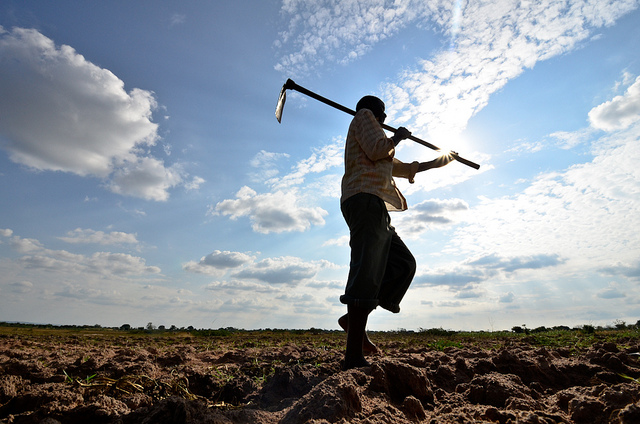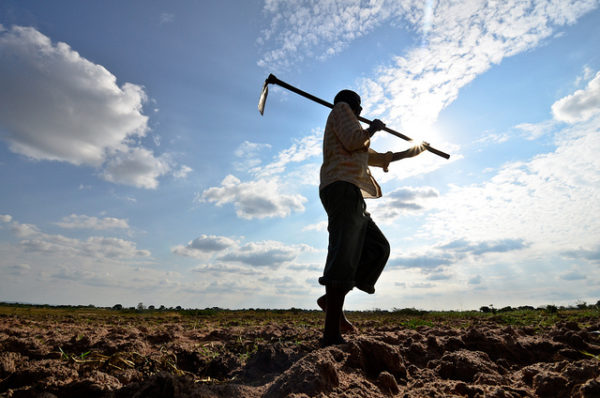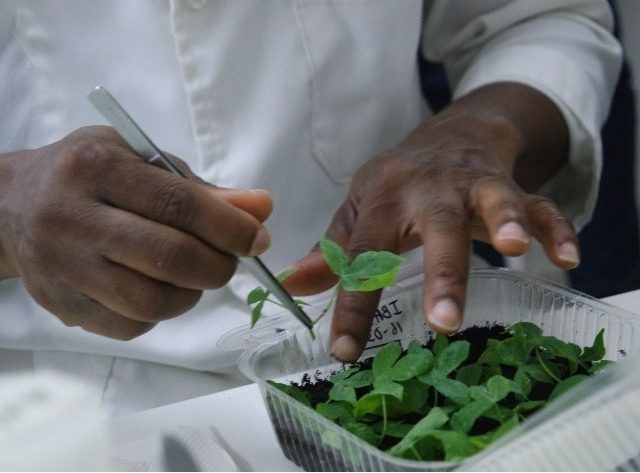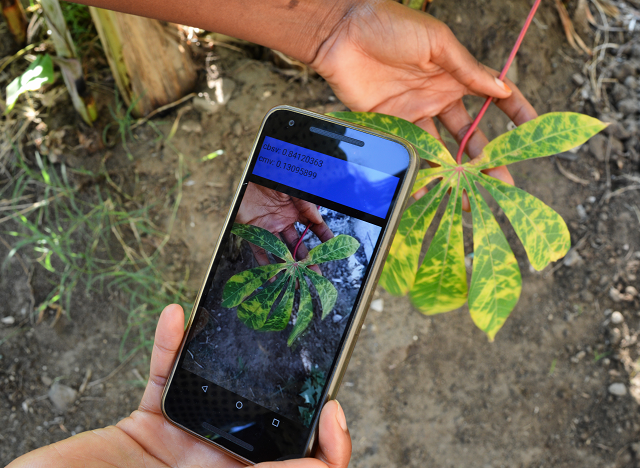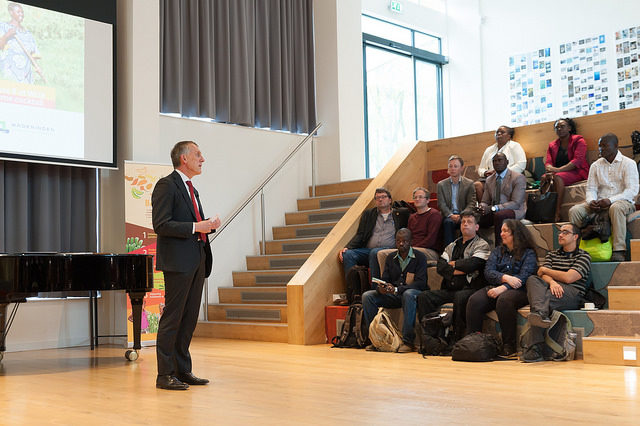CGIAR has announced today in a press release the approval of a new, targeted research portfolio to boost poor farmer incomes, food availability and resilience in the face of climate change in developing countries.
Upon the recommendation of the System Management Board, the CGIAR System Council carefully reviewed and approved a strong set of 11 CGIAR Research Programs, including the CGIAR Research Program on Roots, Tubers and Bananas (RTB), and three research Platforms to start in January 2017. CGIAR’s Independent Science and Partnership Council assessed the research proposals for relevance and pro-poor impacts in Africa, Asia and Latin America.
“This is really great news for RTB. The whole of our program has been strongly supported. That sets us really well for Phase II as a refocused Agri-Food System CRP with a broader vision. It will enable us to continue our valuable research with partners and contribute towards achieving impact as envisioned in our proposal,” noted Graham Thiele, RTB Program Director.
Funding allocations will be determined in November 2016, with all five of RTB’s Flagship Projects (FPs) approved as eligible for funding:
FP 1: Enhanced genetic resources
FP 2: Productive varieties and quality seed
FP 3: Resilient crops
FP 4: Nutritious food and added value
FP 5: Improved livelihoods at scale
“Food demand is set to rise by at least 20 percent globally over the next 15 years, with the steepest increases in Africa, South Asia and East Asia,” Juergen Voegele, Senior Director of the World Bank’s Agriculture Global Practice and Chair of the CGIAR System Council, was quoted as saying. “CGIAR and its network of 15 research centers is ideally positioned to deliver the suite of new agricultural technologies that are climate-smart, nutrition-sensitive and pro-poor.”
More than 300 million people below the poverty line in developing countries depend on root, tuber and banana crops for food and income, particularly in Africa, Asia and the Americas.
Root, tuber and banana crops – cassava, potato, sweetpotato, yams, bananas, plantains, and tropical and Andean roots and tubers– are some of the most important staple crops in the world’s poorest regions. They provide around 15% or more of the daily per capita calorie intake for the 763 million people living in the least developed countries, and many can be grown with few inputs and often under harsh conditions.
“However, RTB crops often haven’t got the attention they deserve as crops for the future, and the RTB research program is really helping to put them on the map. For example, drawing attention to their potential and developing a climate change response. So this renewed commitment to CGIAR comes just at the right time to sustain this momentum,” added Graham.
